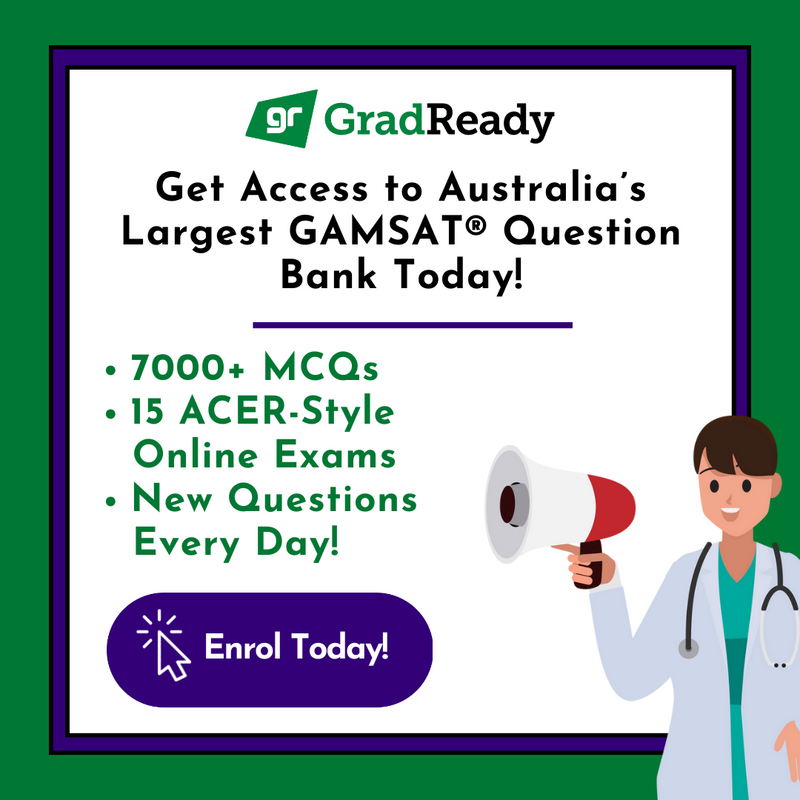We would like to congratulate Alem Abidullah Chowdhury and Homa Kheirkhah for being two of our Millennials Scholarship recipients for 2021. There were many quality candidates in 2021 - Alem and Homa are two of the candidates who stood out for their commendable personal qualities, which were demonstrated throughout their lives, and for the positive impact they were able to make on people around them. They have been kind enough to allow their stories to be shared - we hope that their journey will inspire you to do your best in making a positive impact in your community and beyond.
Alem Abidullah Chowdhury
The COVID-19 pandemic has been globally destabilising, but from it rose many local change makers who have transformed our communities in big and small ways. I was part of this wave of local changemakers when I advocated for strategies to encourage vaccine uptake and facilitated opportunities for sign language education.
The Delta outbreak in Australia coincided with high levels of vaccine hesitancy. During this period, I was an essential worker, so I continued interacting with my colleagues during those months of high transmission risk. Many of my colleagues admitted to being vaccine hesitant, a real point of concern when increasing vaccination rates was central to the public health response to curb the outbreak.
At the time I heard about other companies encouraging their workforces to get vaccinated by giving cash payments to their vaccinated staff, creating a model to replicate in my workplace. So, I convinced my vaccinated colleagues to collaborate and draft a letter to the CEO that advocated for financial rewards for getting vaccinated. We argued that this would not cost a lot to the company’s bottom line and would have huge potential upside by encouraging some of our unsure colleagues to go get the jab. A small price to pay for safer workplaces. The CEO agreed and implemented a plan giving all fully vaccinated staff members bonuses. Anecdotally, some of my vaccine hesitant colleagues went and got vaccinated after the introduction of this scheme.
Press conferences from our politicians and health officials have also highlighted that access to the information they provide has not always been equitable. In particular, the needs of deaf and hard-of-hearing people have been amplified with the presence of sign language interpreters across our screens. This has driven a lot of interest in learning sign language, however, costs to accessing sign language education can be a barrier to developing these communication skills.
To accommodate this demand at my university I applied for some grants with the intention of subsidising sign language courses for students at my university. Being successfully awarded grant money and partnering with professional Deaf service, this money was then used to offer places in these courses for members of my university community at a massively reduced price. This will hopefully create a pool of future professionals who can provide more accessible services throughout their careers.
These experiences have taught me about the importance of building partnerships in the change-making process. Without the solidarity of my pro-vaccine colleagues, the campaign to convince the CEO would have had less weight and perhaps may not have been taken as seriously. The relationships within my university and with professional deaf service providers was instrumental in making sign language education broadly available to my university body. It was the facilitation of co-design that ensured the success of these endeavours, and it is this set of skills I want to keep honing and bring with me in my aspiration to become an infectious disease physician. In this dream job, I look forward to taking on the challenge of building a better world with the spirit of genuine collaboration.
Homa Kheirkhah
“It is not that I’m so smart, it’s just that I stay with the problem much longer” - Albert Einstein.
It took me a long time to realise that I cannot just go from one to one hundred, I must take one step at a time, my failures do not define me, and that perseverance is priceless. As a child my only dream was to not grow up illiterate, it was my biggest fear. Coming to Australia at the age of 14, suddenly I had everything I used to dream of every day, I was overwhelmed, and I felt lost, not knowing what I wanted to do or to be.
I was born in Afghanistan during the never-ending war, my family left everything behind, and we escaped the war to lead a better life. We ended up in a neighbouring country where people from my country were not allowed to attend schools. When I was old enough, I had to accept the harsh reality that I would not be receiving any formal education. Lucky for my four siblings and I, our parents were University educated, we did not grow up illiterate. Fast forward to 2021, I am a Registered Nurse, working with WACHS. Regional hospitals are short staffed and busy, so resourcefulness is a predominant skill used every single day to provide quality care and ensure patient safety through the COVID-19 pandemic.
When I first started going to school at the age of 14, I knew that I needed to become disciplined as learning a new language was not going to be easy. I would encourage my classmates to only speak English even if we spoke the same first language. I loved learning new words so I would use them in sentences and ask my teachers to correct me if I was using a word wrong.
I have taken up various volunteering roles within organisations such as St John Ambulance and Ronald McDonald’s House of Charities. Within those roles, I have worked with groups of various ages, from Kindy, primary school, high school, and university students to the wider community including parents and the elderly. Demonstrating First Aid to primary school children versus adults and the elderly requires a great level of creativity and imagination to meet the level of comprehension and expectations of everyone. I have also coached and was chosen as the captain for the women’s soccer team; demonstrating ingenuity was an essential skill in my role as a leader. Working in a hospital during the COVID-19 pandemic, my colleagues and I created various strategies to cope with the influx of patients during each lockdown and to reduce the use of PPE as we always face shortages.
Once I was old and wise enough to realise that we pay a price for everything we do and do not do, I took the initiative to get my life in order. I deleted all social media to stop comparing my life to other people’s lives. I started living my life on my own terms, I was not being dictated by Instagram or Facebook. Every day, I compare myself to the person I was yesterday and try making today better, more productive, and more mindful of my health and wellbeing. Now I know, service in any form or kind is the way to live, I want to become a doctor so I can be more and in return be able to give more, no matter where I am in the world. I have set out to gain one of the highest academic achievements that I believe will help me contribute to the greater good in this world, but it’s all one step at a time, I know that I cannot save the world, but I can help the people around me, one human at a time.
For those interested in applying, 2022 GradReady Millennials Scholarship applications are now open! Click
here to learn more and submit your application today.






